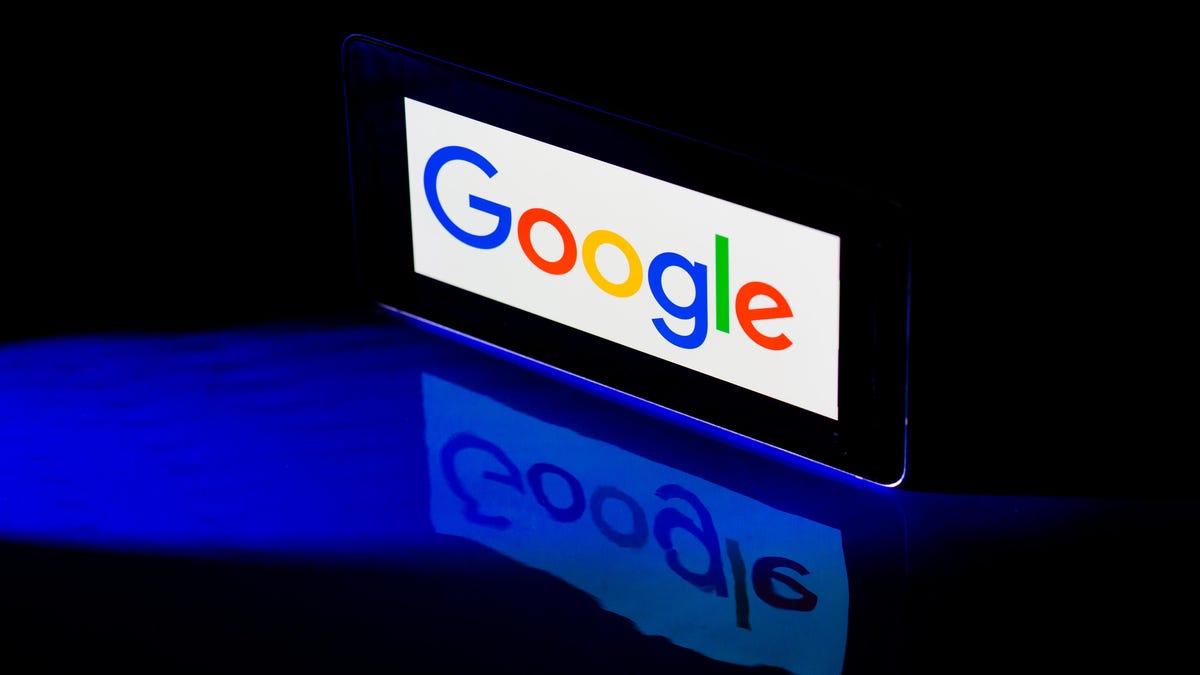Google updates political ads policy with targeting restrictions
The search giant also says it will ban deepfakes and "demonstrably false" claims in ads.

Google is updating its political ads policy.
Google on Wednesday unveiled updates to its political advertising policy, restricting how narrowly an advertiser can target an audience. With the new policy, election ads will only be able to target people based on age, gender and postal code.
The search giant also spelled out clearer guidelines on what kinds of ads are prohibited from its platforms. The company said "deepfakes," or digitally doctored images and videos, aren't allowed. Google is also banning "demonstrably false claims that could significantly undermine participation or trust in an electoral or democratic process." The company noted, though, that it's difficult to judge every claim or insinuation made in an ad.
"So we expect that the number of political ads on which we take action will be very limited, but we will continue to do so for clear violations," Scott Spencer, vice president of product management for ads, said in a blog post.
Google also said it's expanding its database and transparency tools already available for federal election ads in the US. For those ads, people can see specific details about who paid for them and who they are targeting. Starting Dec. 3, Google will expand those tools to include state-level candidates and officeholders, ballot measures, and ads that mention federal or state political parties.
The update comes as tech giants face intense scrutiny for the political ads running on their platforms and how they could affect elections and civic discourse. Twitter CEO Jack Dorsey said the platform will ban political ads, though the policy has some exceptions for issue-based ads.
Facebook has drawn blowback for its rules that allow politicians to make whatever claims they want -- true or untrue -- in ads that run on the platform. Last month, more than 250 Facebook employees signed an open letter to CEO Mark Zuckerberg condemning the policy.
Facebook, though, said it's not ruling out further changes.
"For over a year, we've provided unprecedented transparency into all U.S. federal and state campaigns — and we prohibit voter suppression in all ads," a Facebook spokesman said in a statement. "As we've said, we are looking at different ways we might refine our approach to political ads."
Silicon Valley giants are still reeling from the fallout of the 2016 US presidential election, when they were criticized for not doing enough to secure their platforms. Google, Facebook and Twitter fell victim to Russian agents who used their services to spread disinformation in an effort to interfere with the election and sow discord among voters.
Google said it will start to enforce its ad policy changes in the UK next week, ahead of its general election. The changes will come to the European Union by the end of the year, and the rest of the world starting Jan. 6.

